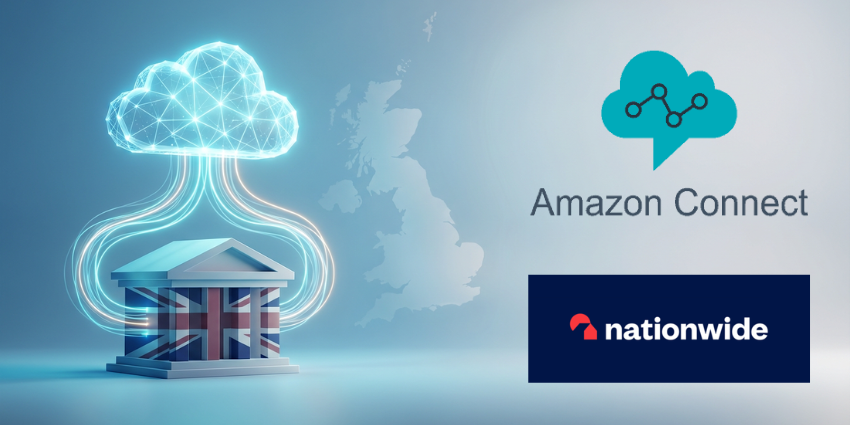Dreamforce is Salesforce’ annual conference, drawing thousands of CX enthusiasts every year. So far, they’ve announced everything from strategic partnerships with Microsoft, AWS, and new applications of artificial intelligence, with “Einstein Voice.”
The renewed partnership with Microsoft is poised to further establish ties between the two, which both share hopes of boosting enterprise productivity. Accordingly, Salesforce named Microsoft Azure its public cloud provider for Salesforce Marketing Cloud. Salesforce will also soon integrate with Microsoft’s popular Teams solution. Regarding the partnership, Microsoft CEO, Satya Nadella, said:
“In a world where every company is becoming a digital company, we want to enable every customer and partner to build experiences on our leading platforms”
“By bringing together the power of Azure and Microsoft Teams with Salesforce, we aim to help businesses harness the power of Microsoft Cloud to better serve customers” he added. Both want to reduce customer onboarding times, enable customers to quickly expand globally with Azure’s global footprint, and help address local data security, privacy, as well as compliance demands. There is a lot more you missed during Dreamforce 2019’s keynote address. Not to worry, we’ve got you covered.
Introducing Einstein Voice by Salesforce
Everybody’s integrating artificial intelligence into their tech stacks in 2019, so its no surprise Salesforce recently did the same. They added a ton of new products for customer service enhancement. First up, is “Einstein Voice,” which creates a voice-activated interface for Salesforce customer apps.
The suite of new voice tools consists of “Einstein Voice Assistant” and “Einstein Voice Skills.” Both will become a reality in the spring of 2020. Salesforce leadership says they’re expanding their “Einstein Voice” portfolio with the introduction of “Einstein Voice Skills.” With the use of the new tool, Salesforce admins can create custom versions of the voice assistant for users across enterprises. This includes sales reps, managers, contact center agents, and marketers.
Salesforce will initially make the voice assistant available for beta in 2020. The new suite will also consist of “Einstein Call Coaching,” which will be available in the winter of 2020. Salesforce users will gain management-level visibility in sales conversations through natural language processing that identifies keywords in sales calls. The practicality of this is genius, as it enables management to quickly understand consumer trends and act in real-time.
Finally, they say as early as the summer of 2020, they’ll add “Service Cloud Voice” to their bundle of AI-powered tools. With “Service Cloud Voice,” Salesforce will now have native telephony integrations. The cloud-based offering will allow “Einstein” to read keywords from call transcriptions in real-time and present educational content along with recommended next steps for agents.
2019, the Year of Artificial Intelligence Dominance
All this suggests, 2019 is indeed the year of AI, and Salesforce just jacked up an already powerful offering with extended AI capabilities, stepping up its game. According to a company statement, they’re committed to voice interoperability, adding they will explore more ways to integrate “Einstein Voice Skills” with Amazon Alexa and other voice assistants in the future.
As the year comes to a close, I predict next year will be full of even more innovative AI applications for contact centers. What do you think? Let us know in the comments section below or on social media.







